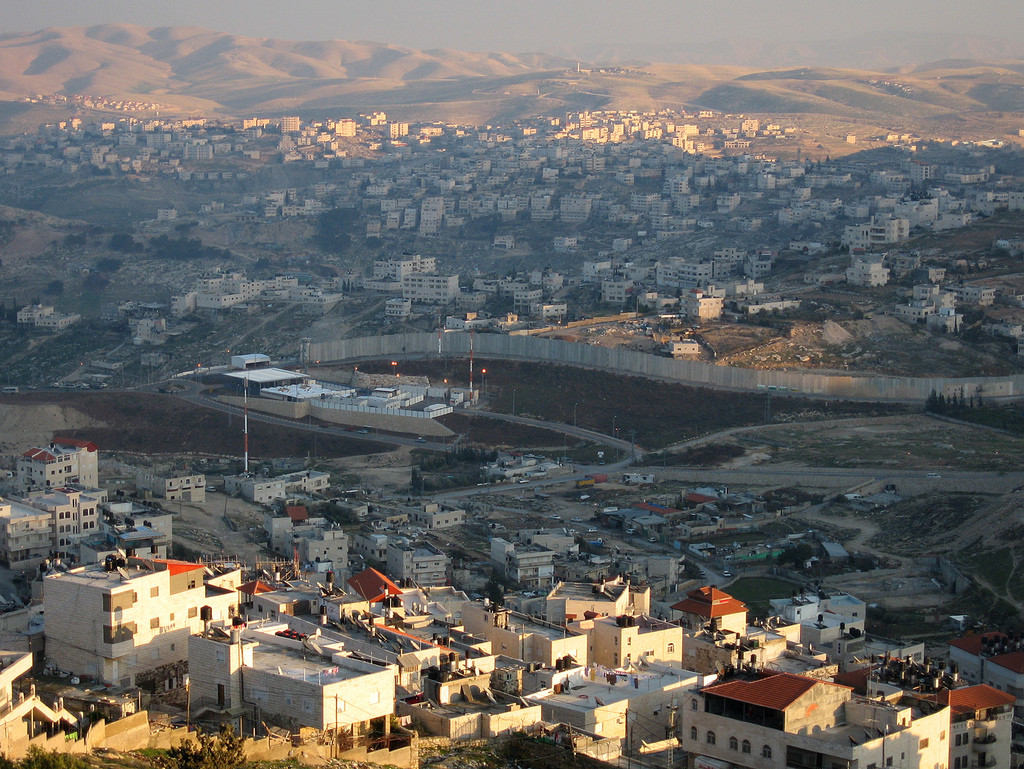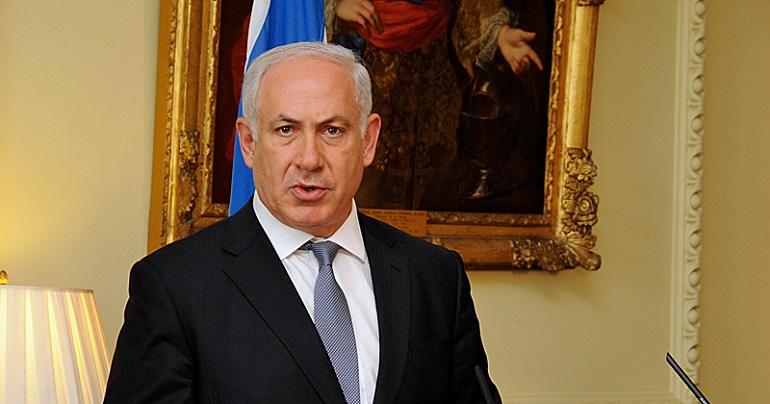Sustainable peace in Palestine needs a federal, one-state solution

Yoav Shemer-Kunz is a PhD candidate in political sciences at University of Strasbourg and VU University Amsterdam. In the final article in this short series, he responds to the Scottish Greens new policy on Palestine.
In his article Eurig Scandrett explained the Scottish Green Party’s (SGP) new policy on the question of Palestine by a detailed analysis on the birth of the Palestinian question around 100 years ago. However, there was relatively limited information on the situation in Palestine today, and almost nothing about how the SGP sees the future of Palestine besides a vague statement that it must be based on equal rights, ‘whether that should be one state, two states or more’.
Let us be honest here about the two-state solution. Even if a Palestinian State will eventually see the day in 1967 borders, it is difficult to see how this will resolve crucial issues such as the refugees of 1948, the rights of the Palestinian minority within Israel (20% of the state’s population) or how to practically divide the city of Jerusalem. Hence, if the SGP indeed wishes to meet all the demands of the Palestinian people, there is no logic to support a two-state solution around the 1967 borders, in which the current state of Israel will keep 78% of the mandatory Palestine, hence continuing its colonial policy in the Galilee and the Negev areas against its own Palestinian citizens of Israel. If the SGP wishes to be effectively coherent with its new policy on the question of Palestine, there is little difference between the zionist colonial policy in the West Bank and the one in in pre-1967 Israel, in the Galilee and the Negev areas.
Therefore, to be coherent with its de-colonial vision on the future of Palestine, the SGP should be clear in its strong opposition to any ‘two-state-solution’ of Palestine, US-made or EU-made, which is actually the partition of Palestine between the state of Israel on 78% of the territory and a Palestinian state on 22% of mandatory Palestine, in the West Bank and Gaza. Ideally, this position entails not only an opposition to the partition of Palestine to two nation-states, but also the promotion of an alternative one-state solution to Palestine.
In the past, Europe ended wars by creating new nation-states, with new national borders. This often required a mass transfer of population (or forced ‘ethnic cleansing’) in order to create geographical areas which are ‘ethnically’ or ‘nationally’ homogenous, without which the creation of the nation-state was meaningless. Millions lost their homes, moving to their new ‘national home’, while national minorities which remained within the nation-state of the ‘Other’ often suffered from structural and legal discrimination in all aspects of life. Moreover, as nations were separated, mistrust and hatred remain intact, and even growing behind the closed borders. Signed peace treaties were therefore often short-term tactical breaks between wars. Conflicts were not really resolved and therefore continued to interrupt again once conditions were ripe.
The secret for long-term sustainable peace in Europe was not more separation between the peoples, higher borders and deeper trenches, but rather quite the opposite. The way to sustainable peace is a long-term process of integration and cooperation between the peoples’ representatives, the nations’ governing elites. It is federalism.
Federalism is a particularly useful instrument to manage different nations within the borders of a single state, to consolidate the different national groups sharing one single polity. Multinational federalism is an appropriate tool of peaceful conflict-management in ethnically or nationally divided states, a way to manage the aspirations of different nations within the borders of one state. Federalism is not based on strict separation between the peoples but on power-sharing among the elites, compromise-seeking, consensus and deliberation, learning how to live together. The federal framework should also be accompanied with mechanisms of transitional justice, facing the injustices of the past and the war crimes committed. Imposing a federation on fighting peoples is a long-term process, but it is has the promise to engender trust and enable reconciliation between the rival parties.
In Palestine, an imposed federation, based on the right to self government to the different national entities, together with a thin central level of shared government, sharing one territorial unit from the river Jordan to the mediterranean Sea, may be a more sustainable solution for generations to come, in line with the idea of decolonizing Palestine.
The main argument we hear against a possible federal solution in Palestine is that the local political elites do not believe in federalism and power-sharing, only in self-determination and separation. What is often missing when we discuss federalism is a clear distinction between federalism and federation. Federalism is the normative political ideology behind federations, while federation is the practical framework, the federal political system in a state. Federalism is not necessarily a goal and a value in itself, but can also be simply used as a tool in order to transform an ethnic or national conflict into a peaceful state.
The fact is when resolving a conflict by creating a federation, we do not necessarily need the willingness of leaders to unite in a common state. The international community can impose a federation as a state structure on warring parties in order to pacify a country and to keep it together. This kind of imposed federalism is not based on a voluntary character, the agreement of all parties is not required, and the international community plays a key role in the creation of the federal union. Federalism can be a new form of conflict resolution and peace-building.
Case in point: Bosnia and Herzegovima. The Dayton Agreement of 1995, establishing the federation of BiH, was not a voluntary contract, reached in good faith and though co-operation and compromise, but rather an imposed treaty, reached by international pressure, primarily by the US government and the EU. In fact, the agreement itself was substantially designed by American lawyers. Thus, a very important element of federalism, its voluntary nature, may be totally absent when federations are created.
Beyond its support of the Boycott, Divestment and Sanctions (BDS) campaign against the state of Israel, the Greens may also consider clarifying their vision of the future of Palestine, and consider a one-state federation.



Leave a Reply